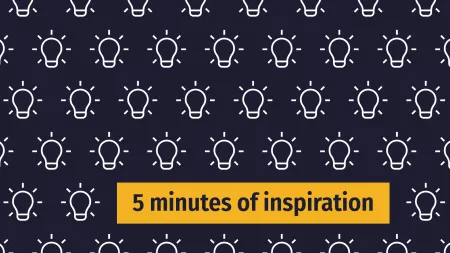Women retailers in Egypt wanted 3 things: a safe space to sell their goods, higher incomes, and more representation to make decisions in their own lives. With help from CARE Egypt, they got all three.
With support from the Swiss Development Cooperation, and in partnership with WorldFish, CARE Egypt ran the Improving Employment and Income Through the Development of Egypt’s Aquaculture Sector (IEIDEAS) from 2011-2015. Based on project costs and profits in the long term, the project had a $5.86 return for every $1 invested.
What did we accomplish?
- Higher incomes: Women retailers in the project earned on average $10 a day, compared to the $1 that non-participants made. That was 4.6 times higher than what they were earning at baseline.
- More representation: Previously, women had not been elected to the Fisherman’s Union—the main way to access power and policy—but now they are a sizeable part of the elected representatives.
- Stronger businesses: Fish farms earned on average $16,000 more profit per farm--$28million more for the whole economy—because of more efficient production practices. That’s a 34% increase in profitability.
- More fish: The project is estimated to have increased annual production by 200 metric tons—2 million servings of fish—per year.
- More jobs: IEIDEAS’ final report estimates that the project will have added 10,000 jobs to Egypt’s economy in the next 5 years, if trends continue as they have been since 2011.
- Equitable attitudes: 49% more women say that men and women should be making decisions together, and twice as many say that women can be leaders.
How did we get there?
- Bring women together: The project got women retailer groups to band together and demand their rights from market officials, political representatives, and their communities. Sabah, on retailer, says “Today, we are working hand in hand, buying in bulk, negotiating best prices together, and sharing the risk that each of us faces every day in this market.”
- Train farmers: The project worked with 2,400 fish farmers to improve their management practices. 93% of farmers adopted more efficient feeding practices.
- Provide inputs: The project gave women retailers and farmers ways to improve their businesses and manage their losses—including iceboxes, carts for transportation, and improved species of fish stock.
Want to learn more?
Check out the project's impact report, and the case study in Egypt’s Legacy Report (page 41).
